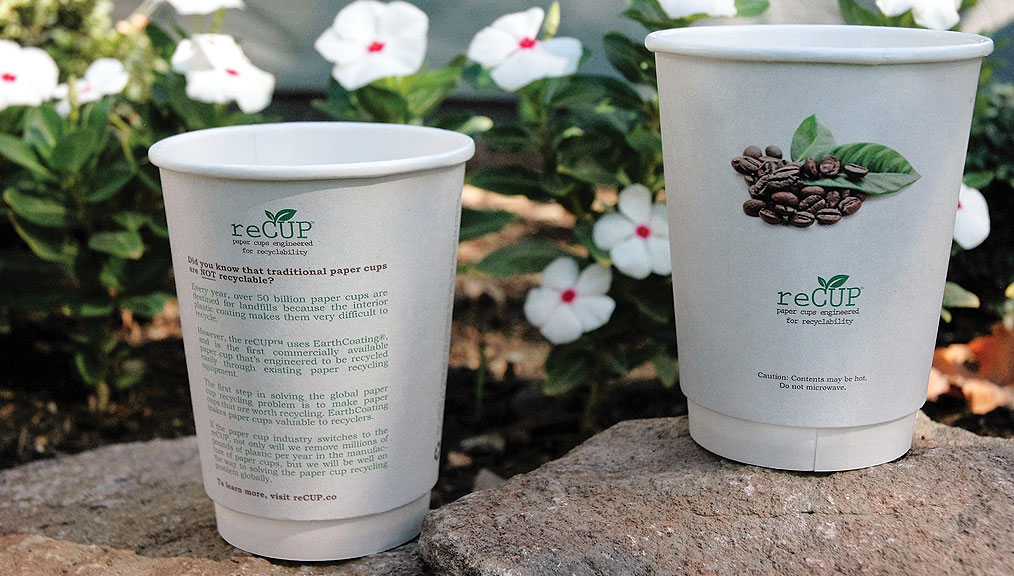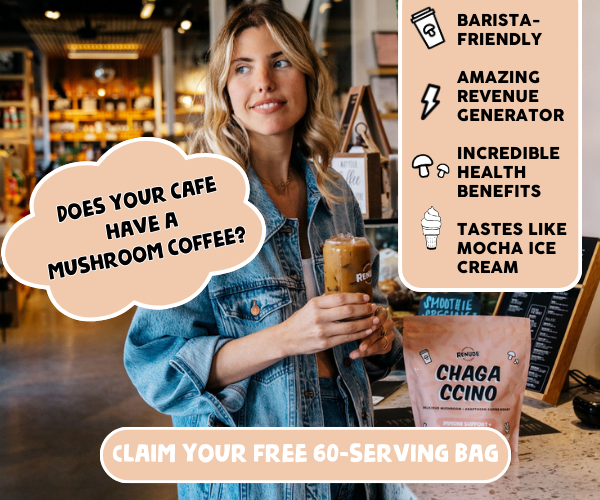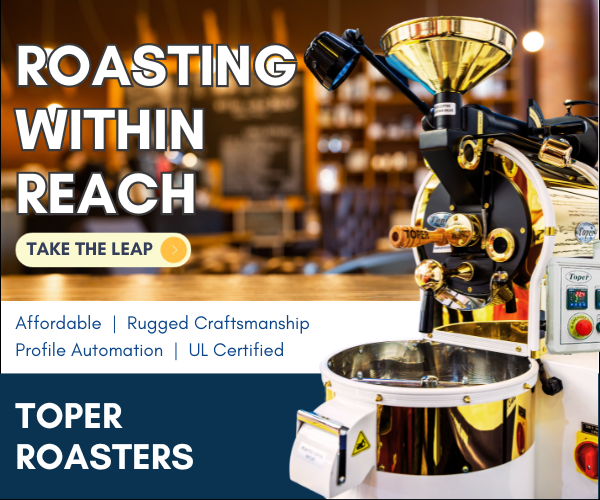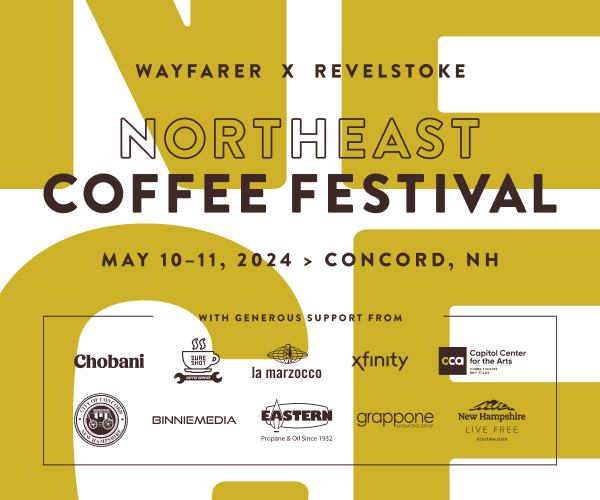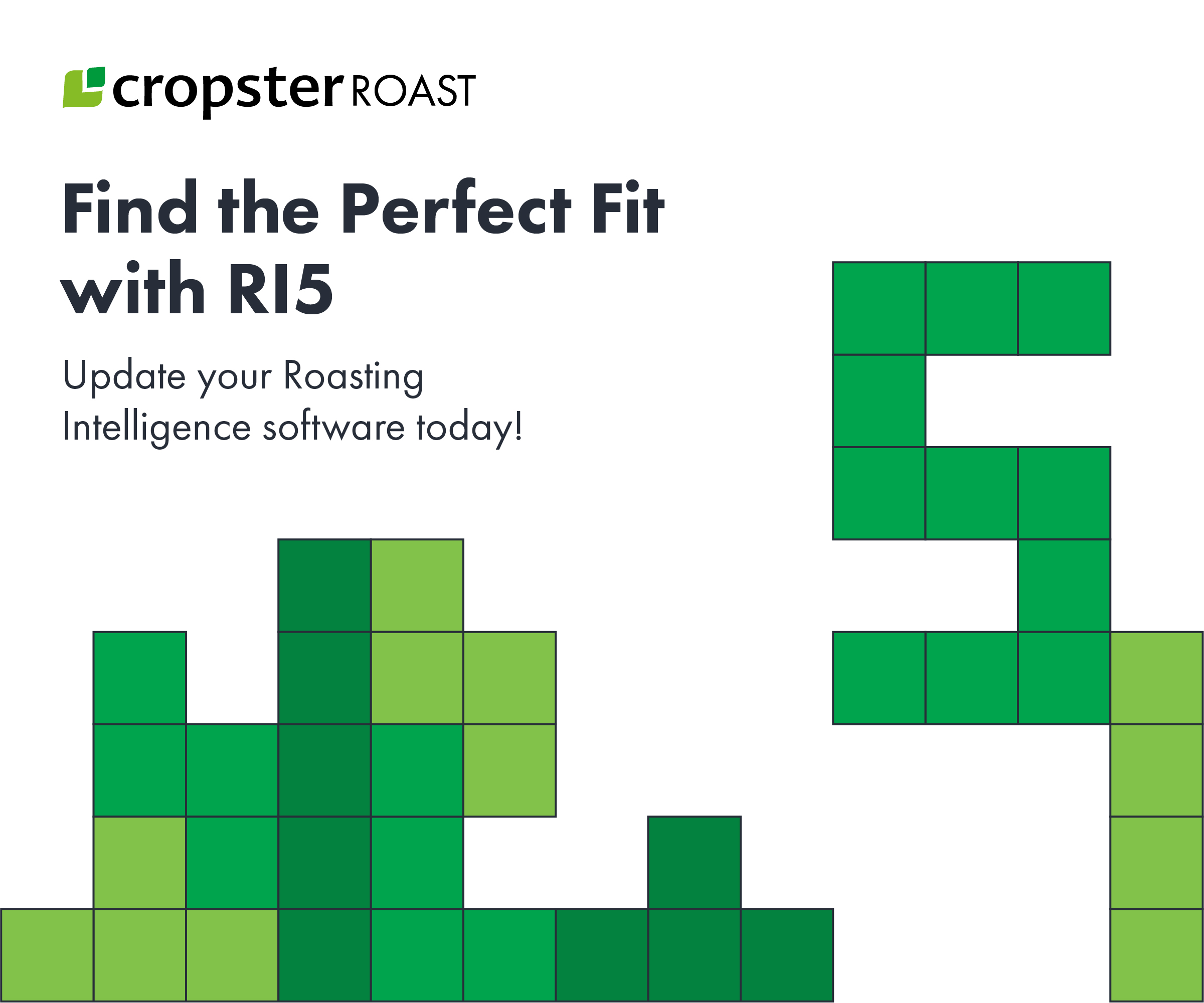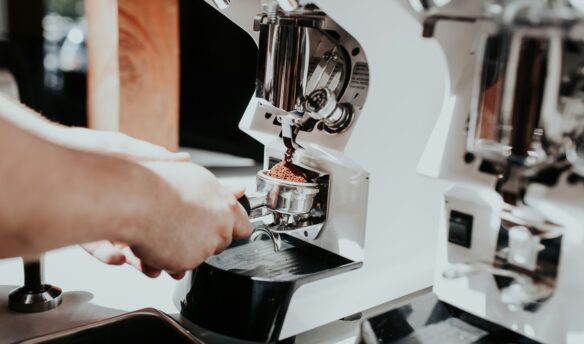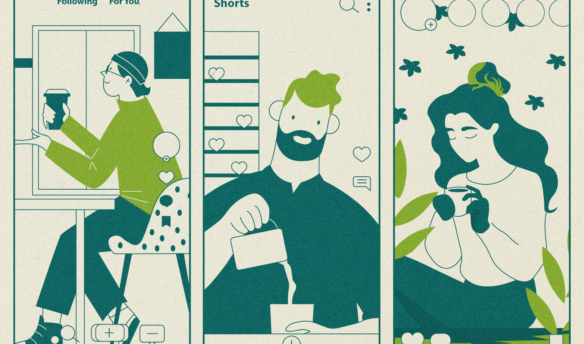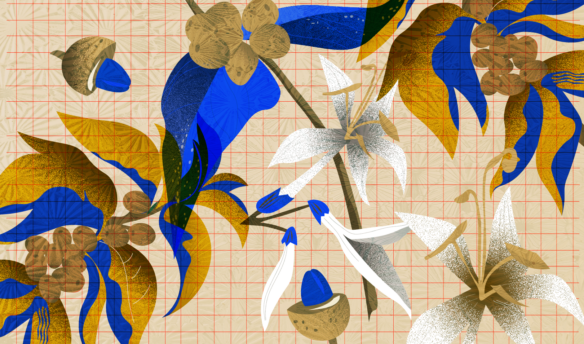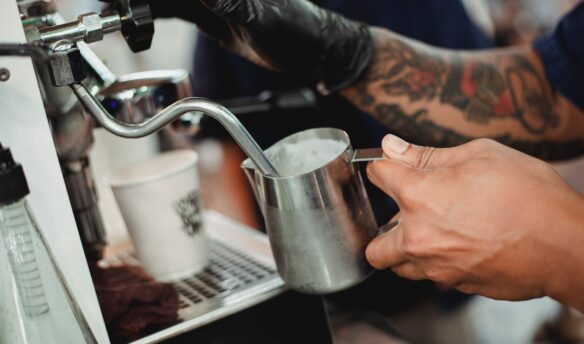(Photo: courtesy of Smart Planet Technologies.)
[Y]ou may be surprised to learn that paper coffee cups in the US are not being recycled, even when you place them in the recycling bin. Why? Traditional paper cups have an interior plastic coating that’s too difficult for recyclers to process through their paper-recycling equipment. As a result, recyclers remove traditional to-go paper cups from the recycling stream, sending over 50 billion to US landfills each year.
Smart Planet Technologies, based in Newport Beach, California, has taken the first step in solving the problem by giving the recycling industry a paper cup worth recycling. By reducing the amount of plastic in the coating and replacing it with inert minerals (materials that are neither biologically nor chemically active), the new cups can pass through the recycling process as if they were uncoated paper. They call it the reCUP.
While traditional to-go cups rely on a 100 percent plastic lining to retain liquids, reCUP’s lining is composed of 51 percent calcium carbonate, and 49 percent low-density polyethylene (LDPE) resin blend.
With reCUP, the coating is no longer an obstacle to recycling, and the cup becomes a valuable material to recycle. The internal lining has no effect on beverage taste.
Working with Newport Beach packaging company Relevant Packaging, Smart Planet is focusing on coffee retailers interested in giving their customers a truly sustainable solution.
Orange Coast College, located in Costa Mesa, California, has adopted the reCUP and implemented a recycling program for the cups through its on-campus recycling center. The revenues from recycling the reCUP are being used to fund new student scholarships. When reCUPs are discarded into on-campus recycling bins, they’re collected, sorted, baled, and sold to local paper brokers for a profit.
Kean Coffee, a local coffee house, and the Environmental Nature Center, a local non-profit organization, are also participating by using reCUPs and returning them to the OCC program.

